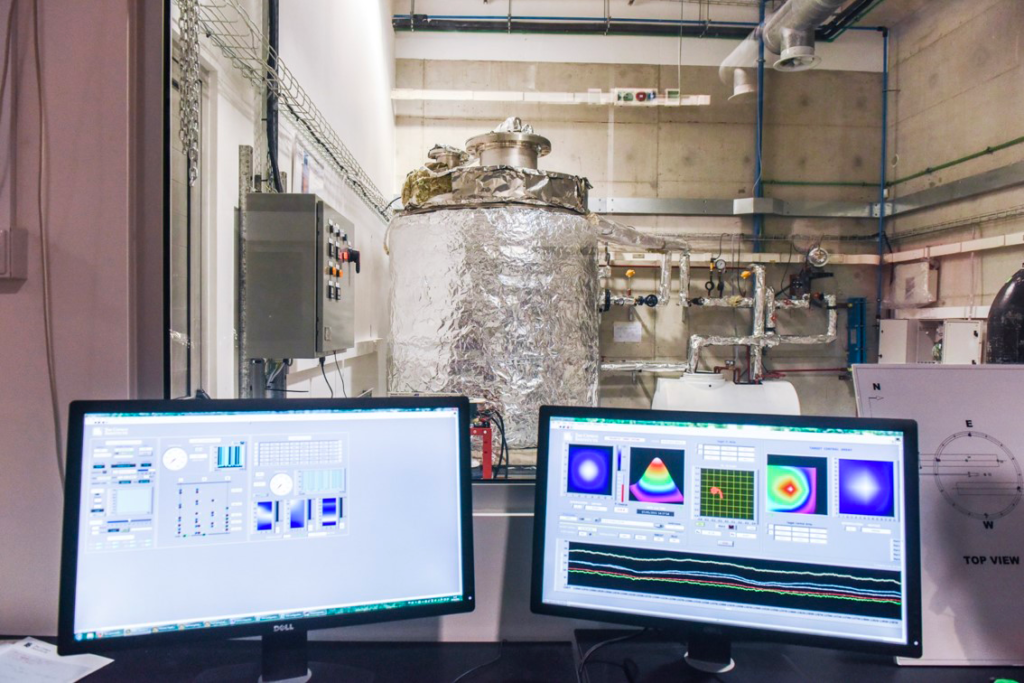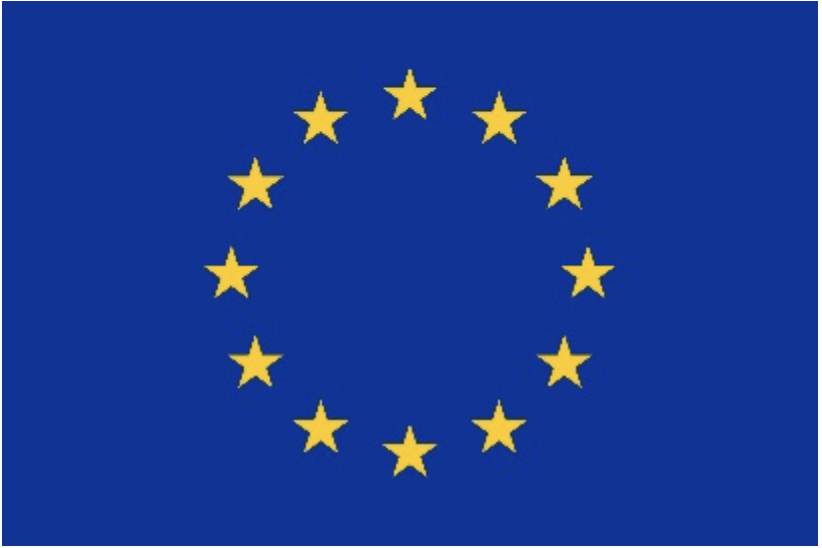As the 1st SFERA-III campaign for Transnational Access has been achieved, let’s have a look at the most promising projects carried out! This time, we focus on GREENLIGHT, a project led by the Complutense University of Madrid (Universidad Complutense de Madrid – Spain) which benefited from free access to the Cyprus Institute facilities in December 2019.
About the GREELIGHT project
The primary goal of GREENLIGHT is to lower costs in CSP. Thus, the GREENLIGHT solution aims at impacting on the Levelized Cost of Electricity (LCOE) by improving plant efficiency and reducing operational and maintenance costs. To this end, the following activities were performed:
- Assess the behaviour of low cost steels in contact with Solar Salt under CSP realistic conditions,
- Monitoring of the molten salt properties,
- Design of a corrosion monitoring system.
The main results of the project
- Validation of the molten salt stability under operational conditions in CyI,
- Development of an experimental set-up to expose materials to realistic molten salt conditions,
- Design the corrosion monitoring system layout to be implemented in Teslab prototype.
Unfortunately, due to the COVID-19 situation, results from steels exposure and implementation of the corrosion monitoring system have suffered a delay.
Successful outcomes
The exposure of these low nickel content materials to realistic conditions opens a new line of materials for CSP applications and reduce costs in future CSP plants.
In addition, after this access and by comparing results with those previously obtained in lab, the team was able to create a laboratory testing protocol closer to the realistic conditions that take place in a commercial solar power plant.
Regarding the corrosion monitoring system, its implementation in the near future will allow to make some optimizations in its current design, as well as to reach a higher TRL. Furthermore, this experience will open the possibility of installing the online system in commercial plants. The use of this system at a commercial scale would lead to a decrease in operational costs, which would directly affect the LCOE, making this technology more competitive when compared to fossil fuel plants.

About SFERA-III Transnational Access
The 3rd TA campaign of SFERA-III will be launched at the end of Summer 2020. This next call for projects will provide free access to 13 state-of-art research infrastructures and 47 installations in Concentrated Solar Thermal power in 8 countries. In the meantime, you can watch the last webinar about TA for key information about the call for projects!

This project has received funding from the European Union’s Horizon 2020 research and innovation programme under grant agreement No 823802
